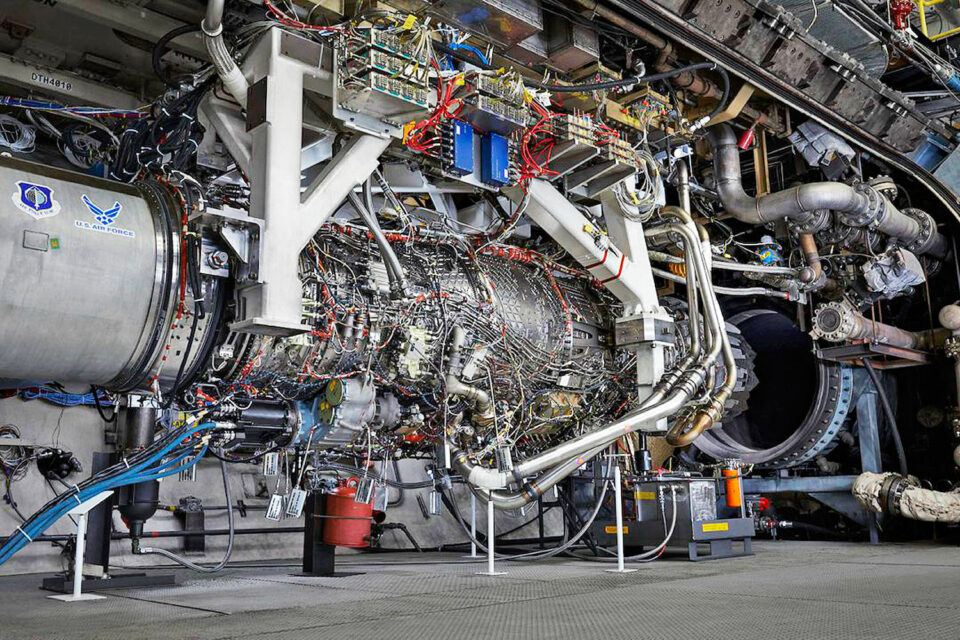The US Air Force (USAF) decided to end the Adaptive Engine Transition Program (AETP), which sought to develop a new, more efficient engine for the Lockheed Martin F-35 fighter.
According to statements by Secretary of the Air Force, Frank Kendall, installing a new turbofan on the aircraft would be extremely expensive and it is preferable to improve the current F135 engine to be more efficient.
The statement is a victory for Pratt & Whitney, which bets on the modernization called ECU (Engine Core Upgrade) and which will be able to offer a 7% better performance in consumption and thrust – in addition to being much cheaper than the AETP program, which PW also participated.
Follow ADN: Instagram | Twitter | Facebook
Another aspect that made the choice of a new engine unfeasible is that the XA100 (General Electric) and XA101 (Pratt & Whitney) designs would require complex adaptations to be used in the F-35B, the STOVL (short takeoff and vertical landing) variant.
Kendall came to consider this job impossible, although use in the naval F-35C variant did not involve major changes.The end of the program was justified by the secretary due to “the combination of affordability and the fact that the Air Force, with the F-35A variant, was the only service that was really seriously interested in AETP”.

General Electric, which defended the adoption of the new engine for obvious reasons, stated that the XA100 would be able to offer 30% more autonomy and 10% more thrust than the F135, in addition to doubling the thermal management capacity.
The company stated that the option for updating the F135 does not consider the growing geopolitical tensions and the need for revolutionary features that only the XA100 engine is capable of offering from 2028, according to Breaking Defense.
Despite the cancellation, the AETP program will serve as the basis for the Next Generation Adaptive Propulsion (NGAP) project, which will equip the Air Force’s 6th generation fighter, known as Next Generation Air Dominance (NGAD).






